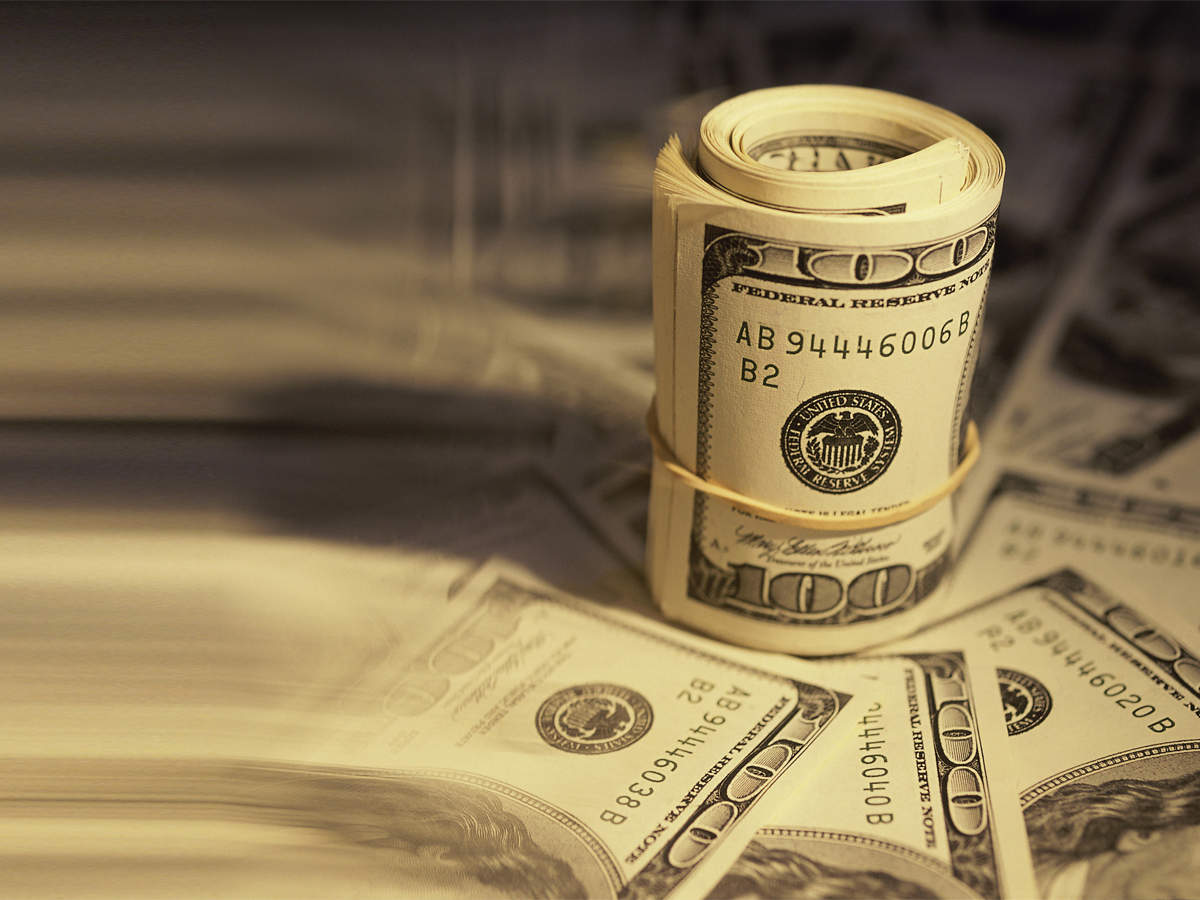Foreign exchange reserves, often referred to as forex reserves, play a crucial role in the economic stability and financial health of a country. In this article, we will delve into the forex reserves meaning, its importance, composition, and impact on a nation’s economy. By the end, you’ll have a thorough understanding of this critical economic concept.
Forex Reserves Meaning
The term forex reserves meaning refers to the foreign currencies held by a country’s central bank or monetary authority. These reserves are used to back liabilities and influence monetary policy. Essentially, forex reserves are a buffer against economic shocks and a tool for managing currency values.
Importance of Forex Reserves
Understanding the meaning of forex reserves requires recognizing their importance. Forex reserves serve multiple purposes, including:
1. Stabilizing the National Currency
One of the primary functions of forex reserves is to stabilize the national currency. By buying or selling foreign currencies, central banks can control the exchange rate and prevent excessive volatility. This stabilization is crucial for maintaining investor confidence and ensuring economic stability.
2. Supporting International Trade
Forex reserves facilitate international trade by providing a reliable source of foreign currency for transactions. This is particularly important for countries that rely heavily on imports and exports. Having substantial reserves ensures that a country can meet its trade obligations even during economic downturns.
3. Ensuring Financial Security
In times of economic crisis or financial instability, forex reserves act as a financial cushion. They provide the necessary liquidity to manage sudden outflows of capital, preventing a full-blown financial crisis. This security is vital for maintaining the overall health of the economy.
Composition of Forex Reserves
To fully grasp the meaning of the forex reserves meaning, it’s essential to understand their composition. Forex reserves typically consist of:
1. Foreign Currencies
The most significant portion of forex reserves is held in major foreign currencies like the US dollar, euro, Japanese yen, and British pound. These currencies are widely accepted and traded globally, making them ideal for reserves.
2. Gold
Gold has historically been a component of forex reserves. It is considered a safe-haven asset and provides additional stability to the reserves. Although its share in total reserves has decreased over time, gold remains an important element.
3. Special Drawing Rights (SDRs)
SDRs are international reserve assets created by the International Monetary Fund (IMF). They are not a currency but represent a claim to foreign currencies for which they may be exchanged. SDRs add another layer of security to a country’s forex reserves.
4. Bonds and Other Securities
Central banks often invest a portion of their reserves in foreign government bonds and other securities. These investments provide returns and contribute to the overall value of the reserves.
Impact of Forex Reserves on the Economy
The forex reserves meaning extends beyond their mere definition. Their impact on the economy is profound and multifaceted.
1. Currency Value and Inflation Control
By managing forex reserves, central banks can influence the value of their national currency. A stable currency value helps control inflation by making imports cheaper and exports competitive. This balance is crucial for economic growth and stability.
2. Confidence Among Investors
High forex reserves signal a country’s economic strength and financial stability to investors. This confidence attracts foreign investment, which is essential for economic development and job creation.
3. Sovereign Credit Ratings
Credit rating agencies consider forex reserves when assessing a country’s creditworthiness. Higher reserves often result in better credit ratings, reducing the cost of borrowing for the government and businesses.
4. Crisis Management
In times of economic or political crises, forex reserves provide the necessary liquidity to manage the situation. This ability to respond swiftly to crises prevents long-term economic damage and ensures a quicker recovery.
Challenges in Managing Forex Reserves
Despite their importance, managing forex reserves comes with its own set of challenges. Understanding the forex reserves’ meaning involves recognizing these difficulties.
1. Optimal Reserve Levels
Determining the optimal level of reserves is a complex task. Holding too much in reserves can be costly, as these funds could be used for development projects or reducing debt. Conversely, insufficient reserves can leave a country vulnerable to economic shocks.
2. Diversification
Diversifying the composition of forex reserves is essential to mitigate risks. However, achieving the right balance between different currencies, gold, SDRs, and securities requires careful analysis and strategic planning.
3. Market Volatility
The value of forex reserves can fluctuate due to changes in exchange rates, interest rates, and global economic conditions. Managing this volatility is crucial to maintaining the reserves’ value and effectiveness.
Conclusion:
In conclusion, the forex reserves encompasses more than just the foreign currencies held by a country. These reserves are a vital tool for stabilizing the national currency, supporting international trade, ensuring financial security, and influencing the overall economy. Understanding their composition and impact provides valuable insights into a nation’s economic health and stability.
Forex reserves are not just a financial asset; they are a testament to a country’s economic resilience and preparedness to face global challenges. By managing these reserves effectively, nations can safeguard their economies, promote growth, and maintain stability in an increasingly interconnected world.





